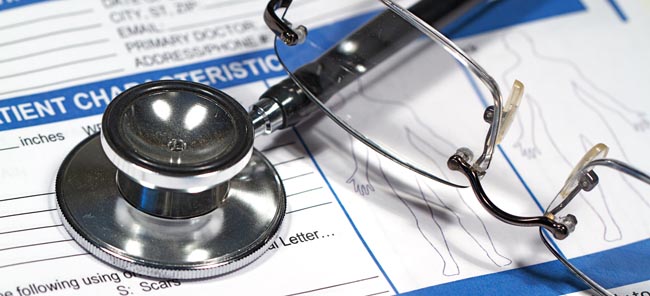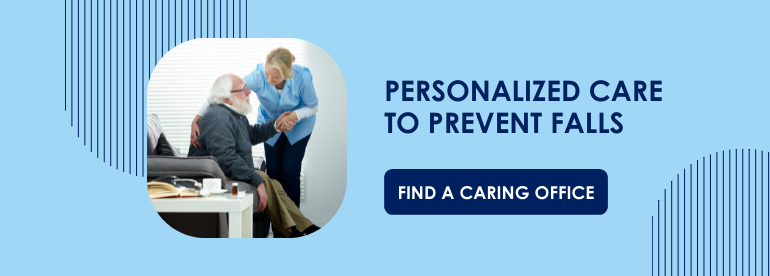After a loved one falls, ensure they are thoroughly checked out by a doctor or healthcare professional, even if there are no visible injuries. Not only is it important to determine the reason she fell, but it is also crucial to ensure there are no hidden injuries resulting from the fall. Here are the top 5 things a doctor should check after an elderly fall:
Factors that Contributed to the Fall
When an elderly person falls, there is generally an underlying reason. You'll want to prevent future falls by assessing contributing factors. For example, dehydration, fatigue, neurological disorders or even a severe urinary tract infection can result in falls. Since doctors are often busy, be proactive and address any concerns with loved ones doctor.
Blood Pressure and Pulse Reading
Have the doctor check the patient's blood pressure and pulse reading when sitting, standing and resting. Changes in the blood pressure or pulse upon standing can result in dizziness or lightheadedness, which could be the culprit behind falls when she stands or gets out of bed.
Certain blood pressure and prostate medications cause spikes and falls in blood pressure when standing. Disclose all medications, especially if your relative is not being seen in the emergency room rather than by the primary care physician.
Complete Blood Cell Count
It's always a good idea to have blood work done after a fall. An imbalance in white blood cells can indicate an infection. Blood sodium that is too high or too low can also lead to falls. I vitamin D levels are low, bones become fragile and weak and will not withstand falls. A complete blood cell count and metabolic panel are good starting points.
Vision and Podiatry
The fall could simply result from vision issues, such as or poor depth perception or eyesight. Issues with your loved one's feet or ankles could also result in balance issues, which lead to falls.
Heart and Neurological Conditions
It is crucial to rule out any underlying heart and neurological conditions. Doctors test for both chronic and acute conditions after a fall. Since some conditions can be serious or life threatening, it is important to be fully evaluated after a fall.
As you are learning to deal with the changes that aging can bring, be patient with yourself, patient with your loved one, seek advice and answers to questions, and remember you are not in this alone. Contact the Caring Senior Service team near you today!


